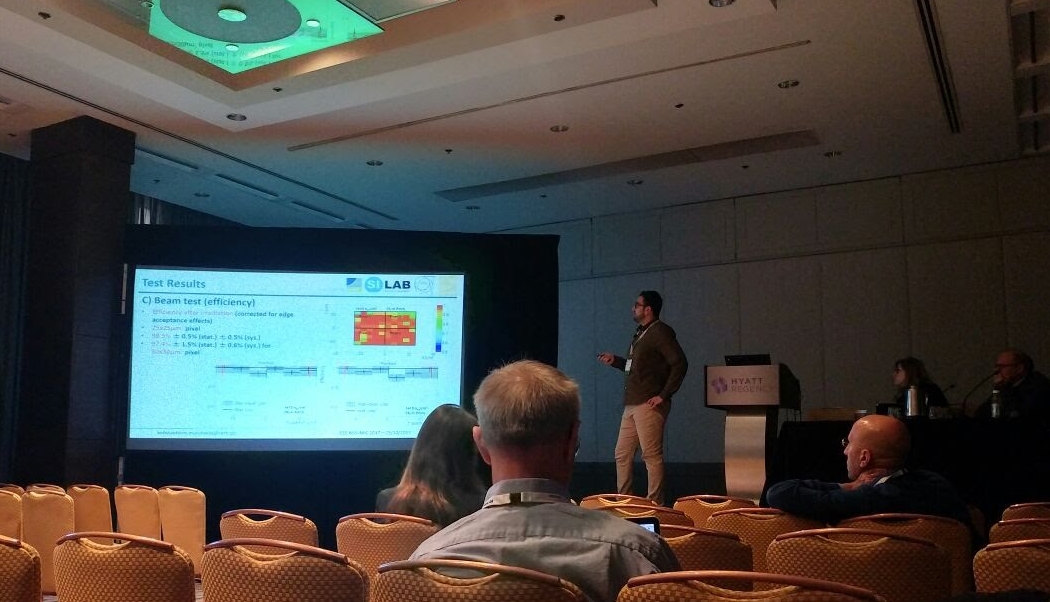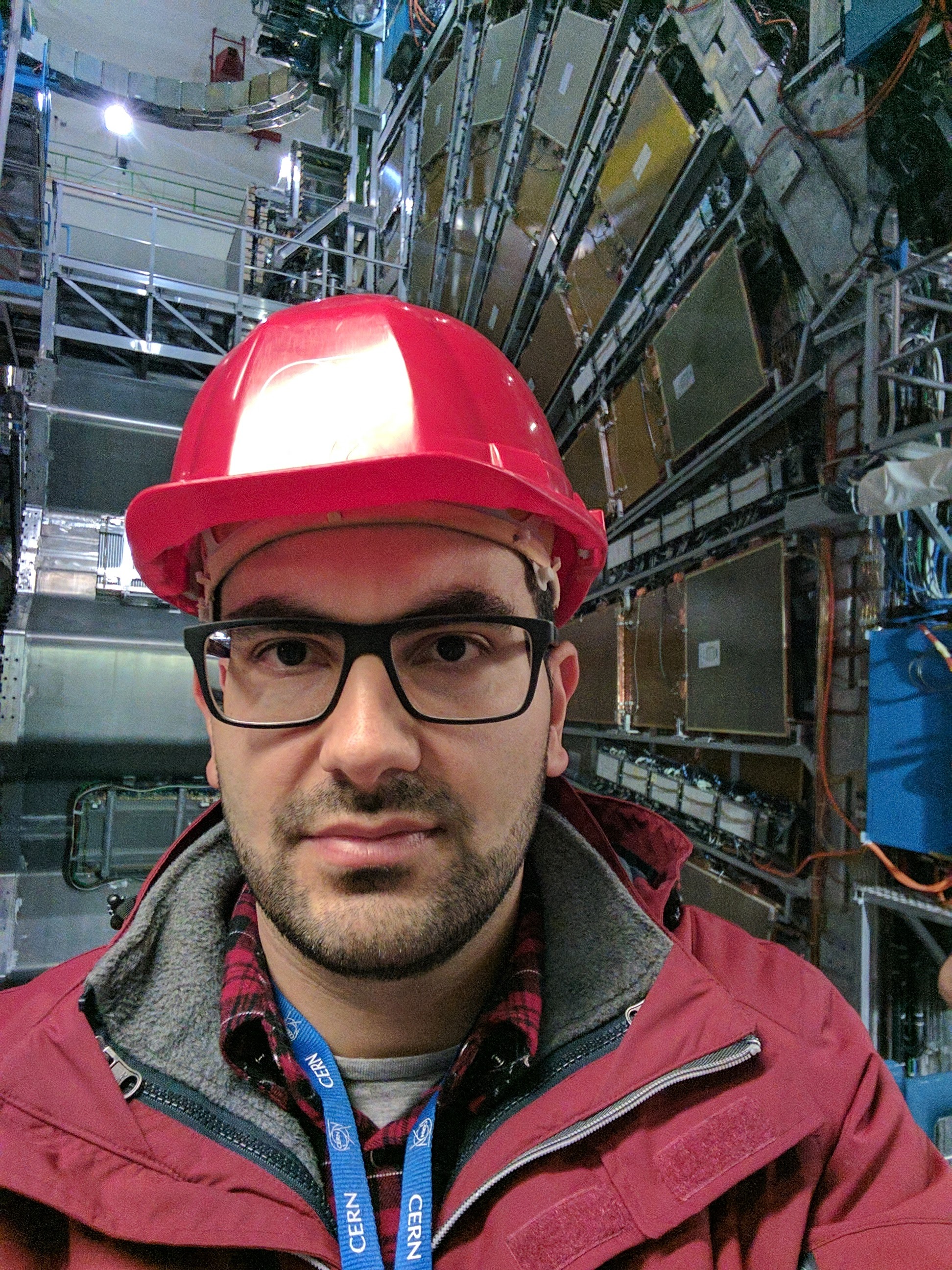
- Integrated circuit design
- Pixel detectors (Imaging & Particle detectors for HEP applications)
- Analog RF/mixed mode circuits (PLL, CDR) and high speed data links
- Low power, low voltage circuits
- Device characterization and measurement automation


I hold a BSc in Physics from the Aristotle University of Thessaloniki (Greece) with specialization in electronics and telecommunications. Being intrigued by technology, electronics and automation, I continued my post-graduate studies to receive two MSc degrees, one in Automation Systems and Robotics, issued by the National Technical University of Athens, and one in Electronic Physics - Electronic Circuits Technology issued by the Aristotle University of Thessaloniki.
In parallel with my master studies, I have worked as an analog/RF IC designer in a national project on the implementation of an E-band/mmwave CMOS RFIC/MMIC for future backhaul radio applications. Before joining STREAM, my research focused on low-power low-voltage circuit design and PLL implementations. My bachelor and master theses led to three publications, while I am also the author of a book chapter on the measurement techniques of noise coupling in System-on-Chip applications. Being a physicist and an electronics engineer, STREAM is an ideal opportunity for me as it covers and tries to combine aspects of both worlds.
Outside of work I enjoy cycling, movies and playing music on my guitar.
|
In 2025, the Large Hadron Collider (LHC) will undergo a major upgrade and the luminosity, thus the hit rate and the particle radiation fluence will be increased by an order of magnitude. To cope with these stringent requirements, a new tracking system (ITk) will be installed in the ATLAS experiment. Recent advancements in CMOS technologies enable Depleted Monolithic Active Pixel Sensor (DMAPS) realizations by exploiting high resistivity and/or high voltage biasing to deplete a large active sensing volume. DMAPS have emerged as a promising alternative for particle detection in high energy physics due to their low cost, reduced manufacturing complexity and high granularity. As part of the dedicated ATLAS CMOS development programme, my research includes the design of novel DMAPS that combine high analog performance (low-power, low-noise) with increased radiation tolerance, sufficient for the environment of the the outer layers of the ATLAS ITK. During the first year in STREAM i have developed in collaboration with CERN a full scale demonstrator chip (1cm x 2cm) called TJ-Monopix that includes the sensor, the analog front-end electronics, a fast digital readout and the supporting periphery. In the current phase on my research, i am characterizing the performance of TJ-Monopix with the help of dedicated data acquisition and control systems in laboratory tests and radioactive source measurements. In parallel, using the feedback from the characterization i am working on the optimization of the sensor and the design of essential supporting blocks for data transmission and communication (clock/data recovery) towards a production-ready chip.
Secondments
|
Successful development of high performance CMOS pixel sensors that can survive in extreme radiation environments, will impact high energy physics experiments significantly, providing the option to install complete layers that are manufactured in commercial processes and don't require laborious fine-pitch bumb-bonding. Thus the total cost can be decreased by several millions, while production will be faster. These benefits are essential for the inner tracker that will be installed in the ATLAS experiment, especially for the larger area outer layers.
The same technology of radiation-hard CMOS sensors can be adapted and transferred to numerous other fields such as medical imaging, space applications and electron microscopy, increasing the quality and reliability of the existing solutions, while decreasing the cost.
